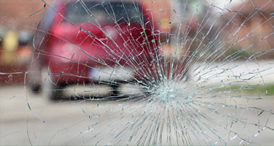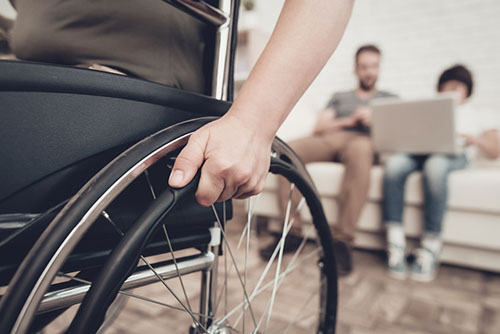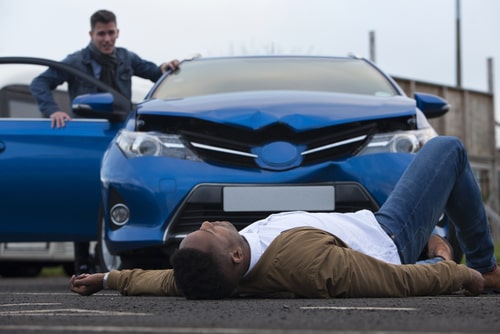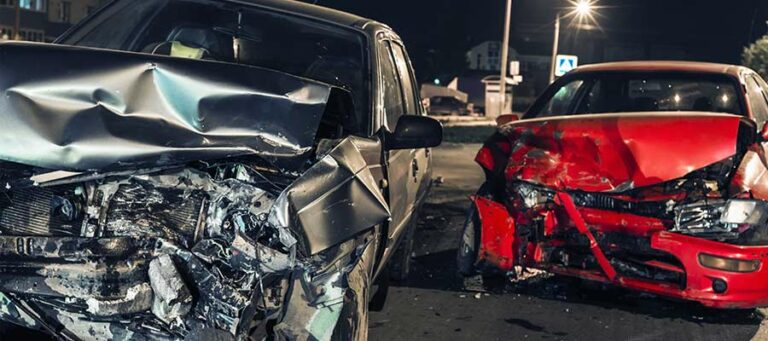In a lot of litigation stemming from car wrecks, the court’s final verdict on the matter will come down to which party had the best, most convincing evidence to support their version of events. And in a situation without uninvolved witnesses this can lead to outcomes that would have been different had one of the parties had the ability to present evidence that was not available. Enter the dash cam.
Development and Usage
Dash cams were originally popularized in Russia, where, due to the high levels of insurance fraud and police corruption they are regularly utilized in close to one million vehicles. Their first entries into the United States market were with police departments and commercial vehicles, for very similar uses to the ones that popularized them in Russia and less developed parts of Asia: they could provide probative evidence in high value insurance fraud cases and disprove false allegations against police officers.
As the technology developed, and prices dropped dash cams have grown in popularity with the average driver as well, first among motorcyclists (who have to deal with negligent and in many cases intentional actions of other drivers putting them at risk on a far more frequent basis than any non-rider could realize) in the form of helmet cams like the GoPro, and later with the general motoring public. The current selection of dash cams run between $60 and $200, and are available with both front and rear facing lenses, low light or night vision capability, GPS tagging, motion activation sensors, and in some cases even the ability to stream data through cellular connections to off-site storage and websites.
Benefits of Dash Cams
In parts of Europe and some Asian countries, insurance companies offer discounted rates to clients who have their cars outfitted with dash cams, and while this has not become a trend in the United States yet, in all probability as dash cam video gains a longer track record of successful use in insurance litigation, we will probably see this option phased in here as well. However, even without an insurance incentive dash cams provide a number of potential useful services right now. In an insurance claim, and litigation arising from a car wreck, quality evidence is the key to successfully pursuing a case, and having a video recording of your car wreck can in many situations provide an insurance company with the incentive to settle a matter that they will eventually lose in court quickly.
Dash cams can also help to fight an insurance trick called “fault shaving,” a practice where an insurance company attempts to shift partial blame for an accident to other drivers to reduce the amount that they have to pay out to settle a claim. This can be particularly useful in multiple vehicle collisions in situations where a stopped car is rear ended and forced into the car in front of them. It is fairly common for insurance companies to claim in these cases that the middle vehicle actually hit the front one before it was rear ended, and thus is responsible for some or all of the cost of the front vehicle’s damages.
Additionally, dash cams with motion (impact) activation have been successfully used by drivers who have had their cars damaged by hit and run collisions in parking lots. It may be frustrating to you to find that your car was damaged while you were in a store shopping, but it will be a lot more frustrating for the person who hit your car when law enforcement informs them that your camera recorded their license plate while they were “getting away.”
Call Rowe & Hamilton, Attorneys at Law
If you or someone you know has been injured in a car wreck, Rowe & Hamilton, Attorneys at Law, is your clear choice for experienced Indianapolis, Indiana auto accident attorneys. We encourage you to speak with a member of our staff today to learn your options and get started on the path to recovery.






